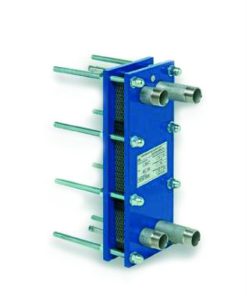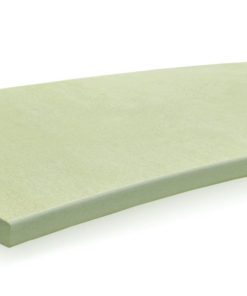Hottub, Swimming Pool
The Importance of Water Quality in Spa Pools
The Importance of Water Quality in Spa Pools
The correct maintenance of spa pool water is crucial for recreational use and wellness. Impure spa water results in an unappealing experience alongside an environment which supports the growth of dangerous bacteria. The HSE guidance states that spa pool water needs to contain no irritating materials or chemicals or infectious microbiological agents at levels which could cause harm to health [3]. The maintenance of your spa pool requires regular water quality inspections as well as treatment procedures.
Several factors influence spa pool water quality. Water temperature plays a key role. Regular disinfection measures and monitoring practices are necessary because microbial growth occurs best between 20-45°C [2, 4]. The pH balance is also essential. The HSE identifies that water balance depends on the main factors which include pH levels together with total alkalinity and total dissolved solids (TDS) and temperature and calcium hardness [29]. The effectiveness of your disinfectant depends on maintaining the pH range between 7.0 and 7.6 [18].
The maintenance of water quality requires disinfection as one of its fundamental elements. The correct application of chlorine or bromine disinfectants leads to the destruction of dangerous microorganisms while stopping their population increase [20]. The effectiveness of the disinfectant depends directly on the pH level of water [19]. A well-designed water treatment system combined with filtration equipment ensures your spa pool remains both clean and clear [29, 30].
The water quality gets affected by organic matter which people bring to the pool through sweating as well as their skin and hair [5]. According to the guidance “spa pools carry more bathers in relation to their water volume than swimming pools do so their water contains more organic matter from bathers” [5]. Bacteria find suitable conditions in organic matter which demonstrates the necessity of both regular water exchange and filtration systems. According to the guidelines spas need regular water exchanges as well as complete drainage followed by thorough cleaning procedures [21].
The regular testing combined with treatment and maintenance of your spa pool water enables safe and enjoyable spa experiences. The mentioned practices are vital for your well-being and mental tranquillity.
FAQs
What makes spa pool water quality so crucial for proper operation?
The quality of water must be maintained at a certain level because it stops dangerous microorganisms from developing and creates a safe environment for spa use [3].
What are the main factors that affect spa pool water quality?
The main factors affecting spa pool water quality include temperature, pH balance, disinfection levels and organic matter presence [18, 19, 29].
How does temperature affect water quality?
The microbial growth takes place most effectively within the temperature range of 20-45°C thus requiring regular disinfection practices [2, 4].
What is the ideal pH range for spa pool water?
The pH level must stay between 7.0 and 7.6 to activate the disinfectant properly [18].
What effect does organic matter have on water quality?
The presence of organic matter from bathers creates bacterial growth opportunities which demonstrates the need to replace water regularly and use filtration systems [5].


















